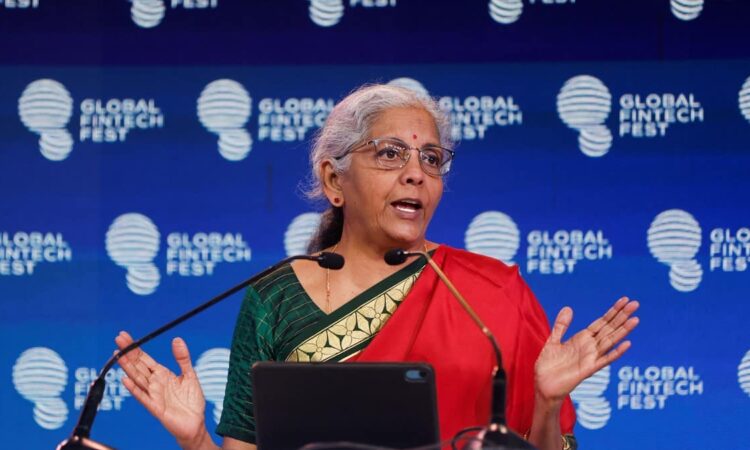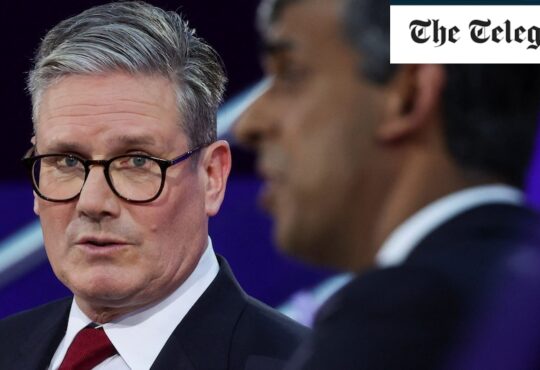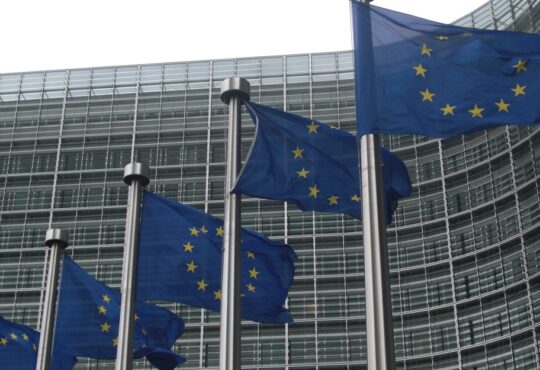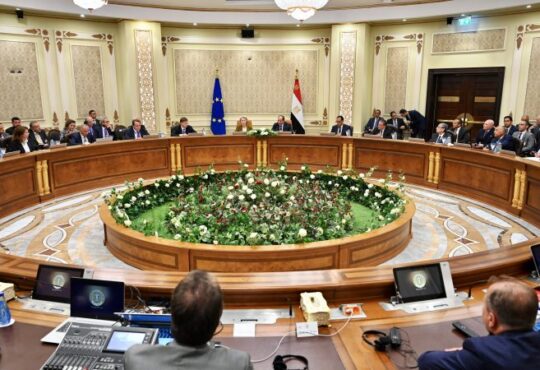
India’s continued systemic reforms and participation in the global value chains will accelerate its path to a $7-trillion economy, finance minister Nirmala Sitharaman said on Monday, stressing the importance of the India-Middle East-Europe Economic Corridor (IMEC) for international trade.
“(We) will look at (making) Indian economy
In October, S&P Global Market
“The India-Middle East-Europe Economic Corridor has long-term considerations. IMEC is not going to be dependent on one or the other major event of concern. It is something in which the vision will drive the implementation in the long run. It is going to be pursued because India has very good relations with the Middle East,” she said. Earlier this month, Sitharaman had said that the ongoing Israel-Hamas conflict was a worrying manifestation of geopolitical challenges for the IMEC.
The minister said India has attracted sovereign funds from Saudi Arabia and the UAE for investment in the International Financial Service Centre in GIFT City.
“Middle East, Canada and Australia sovereign funds have been given favourable tax
She said the domestic market and macroeconomic fundamentals are fairly well-rooted in India. So, while factors such as stable policy and predictable tax domains are within the country, factors outside are beyond India’s control. “Consumption falling in western economies affects our exports that are dependent on European and advanced economy markets,” the minister said.
High global interest rates for a long also has a bearing on how investments are flowing into India, she said, adding that the policy makers would have to keep a watch on exchange rate, particularly rupee and US dollar.






